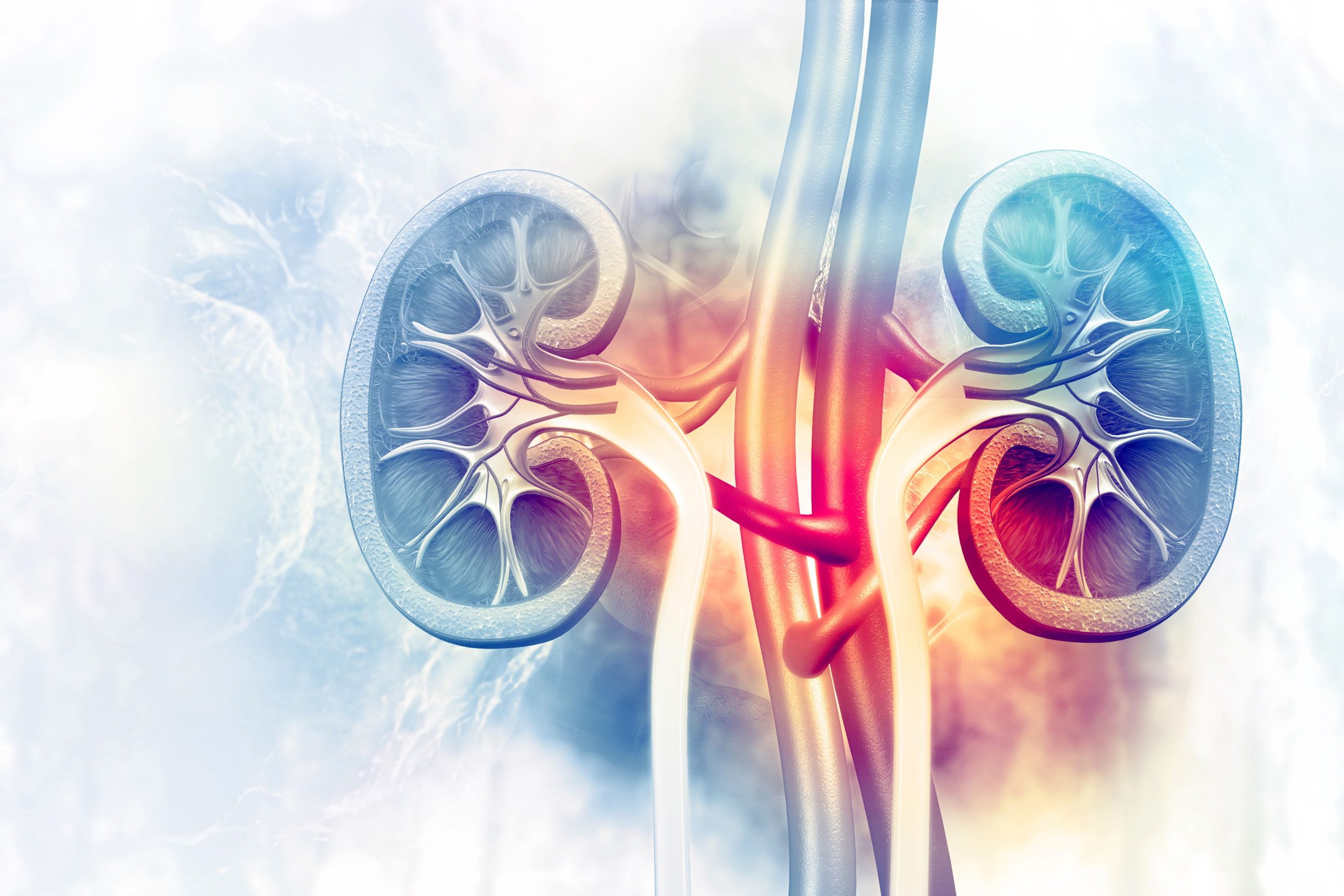Infection
FDA Approves Defencath for Catheter-Related Infections for Those With Kidney Failure
The FDA has approved taurolidine and heparin (Defencath; CorMedix), a catheter lock solution indicated to reduce catheter-related bloodstream infections for adults with kidney failure who are receiving chronic hemodialysis via central venous catheter (CVC), according to a press release from the agency. The approval is limited to this specific patient population.1
Crystal light – stock.adobe.com
For patients with renal failure, hemodialysis is used to help filter waste and extra water from the bloodstream, often via a catheter. The filtration process can increase the risk of bloodstream infection, so reducing the risk of microbial infection through a patient’s catheter is important, according to the FDA.1
The combination of taurolidine and heparin is a sterile, preservation-free, aqueous-based solution available in 3 mL and 5 mL dosages. The 3 mL solution contains 40.5 mg/3 mL of taurolidine and 3000 USP units/3mL heparin. The 5 mL solution contains 67.5 mg/5 mL and 5000 USP units/5 mL, respectively.2 It is available in a single-dose vial that is designed for a single use and a single patient.1
The solution was proven to delay the time it took for patients to become infected with a catheter-related bloodstream infection (CRBSI), according to results of a phase 3 clinical trial, LOCK-IT-100. The findings showed that the combination had a 71% reduced risk of CRBSIs compared to the heparin comparator, the press release said.1 Furthermore, there were no significant differences between the combination and the comparator in time to catheter removal for any reason or loss of catheter patency.3
About The LOCK-IT-100 Trial
Trial Name: Study Assessing Safety & Effectiveness of a Catheter Lock Solution in Dialysis Patients to Prevent Bloodstream Infection
ClinicalTrials.gov Identifier: NCT02651428
Sponsor: CorMedix
Completion Date: October 2018
Investigators of the study enrolled 795 individuals with kidney failure who were undergoing maintenance hemodialysis via CVC, according to the study. Individuals were from 70 sites in the United States and were randomized 1:1 to received either the combination solution or heparin as a control at 1000 units/mL. The primary endpoint was assessed by a blinded Clinical Adjudication Committee. The safety was assessed by the Data and Safety Monitoring Board, recommending the trial end early for efficacy and no safety concerns, according to the study.
Taurolidine and heparin is intended for use as a catheter lock solution, which is not meant to be injected or used as a catheter lock flush product. Heparin-induced thrombocytopenia, an adverse drug reaction that can cause serious clotting in the veins and arteries, was reported in 0.3% of individuals in the clinical trial. Additionally, drug hypersensitivity reactions were reported in 0.5% of patients in the trial. If either of these reactions occur, the combination should be discontinued, and the appropriate medical treatment should be taken.1
The most frequent adverse reactions in 2% or greater of the trial participants included hemodialysis catheter malfunction, hemorrhaging, nausea, vomiting, dizziness, musculoskeletal chest pain, and thrombocytopenia, according to the press release.1
Taurolidine and heparin was previously given fast track and qualified infectious disease product designations by the FDA.1 The safety and effectiveness of the drug has not been determined for other populations beyond this indication.2
Reference
- FDA approves new drug under special pathway for patients receiving hemodialysis. News release. FDA. November 15, 2023. Accessed November 15, 2023. https://www.fda.gov/drugs/news-events-human-drugs/fda-approves-new-drug-under-special-pathway-patients-receiving-hemodialysis?utm_medium=email&utm_source=govdelivery
- Defencath. Prescribing information. CorMedix, 2023. Accessed November 15, 2023. https://www.accessdata.fda.gov/drugsatfda_docs/label/2023/214520s000lbl.pdf
- Agarwal AK, Roy-Chaudhury P, Mounts P, Hurlburt E, Pfaffle A, Poggio EC. Taurolidine/Heparin Lock Solution and Catheter-Related Bloodstream Infection in Hemodialysis: A Randomized, Double-Blind, Active-Control, Phase 3 Study. Clin J Am Soc Nephrol. 2023;18(11):1446-1455. doi:10.2215/CJN.0000000000000278

